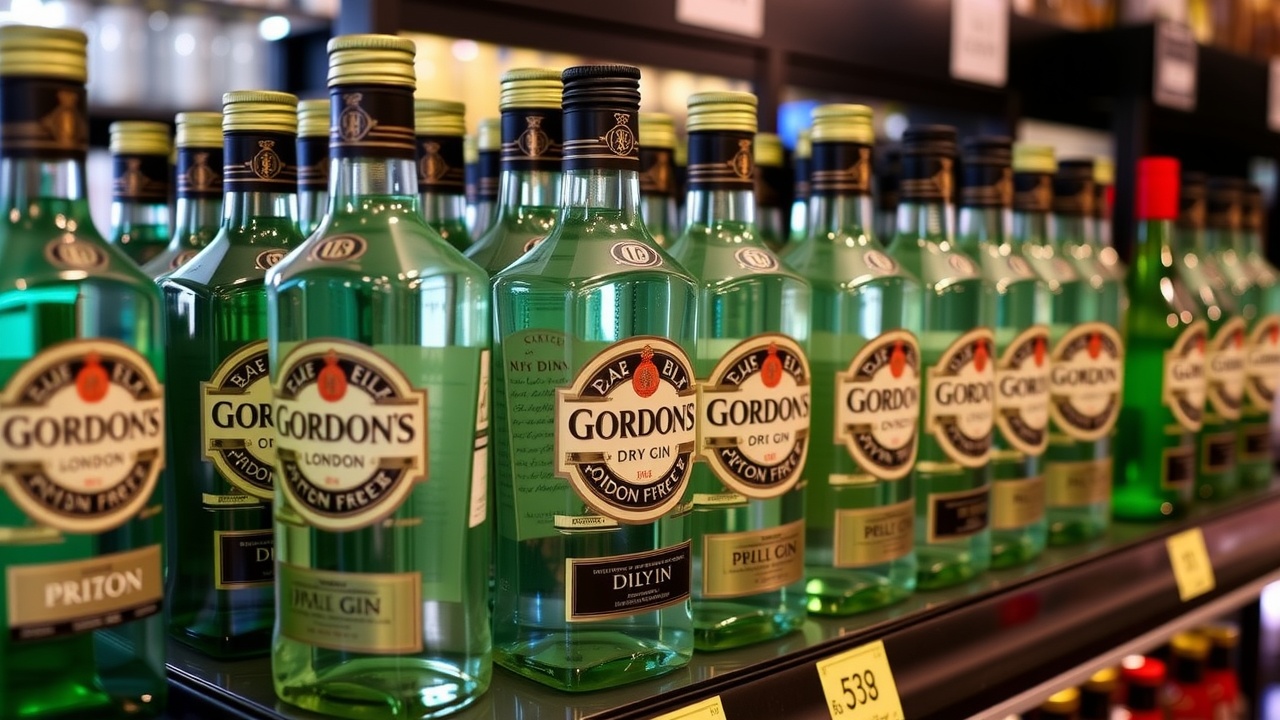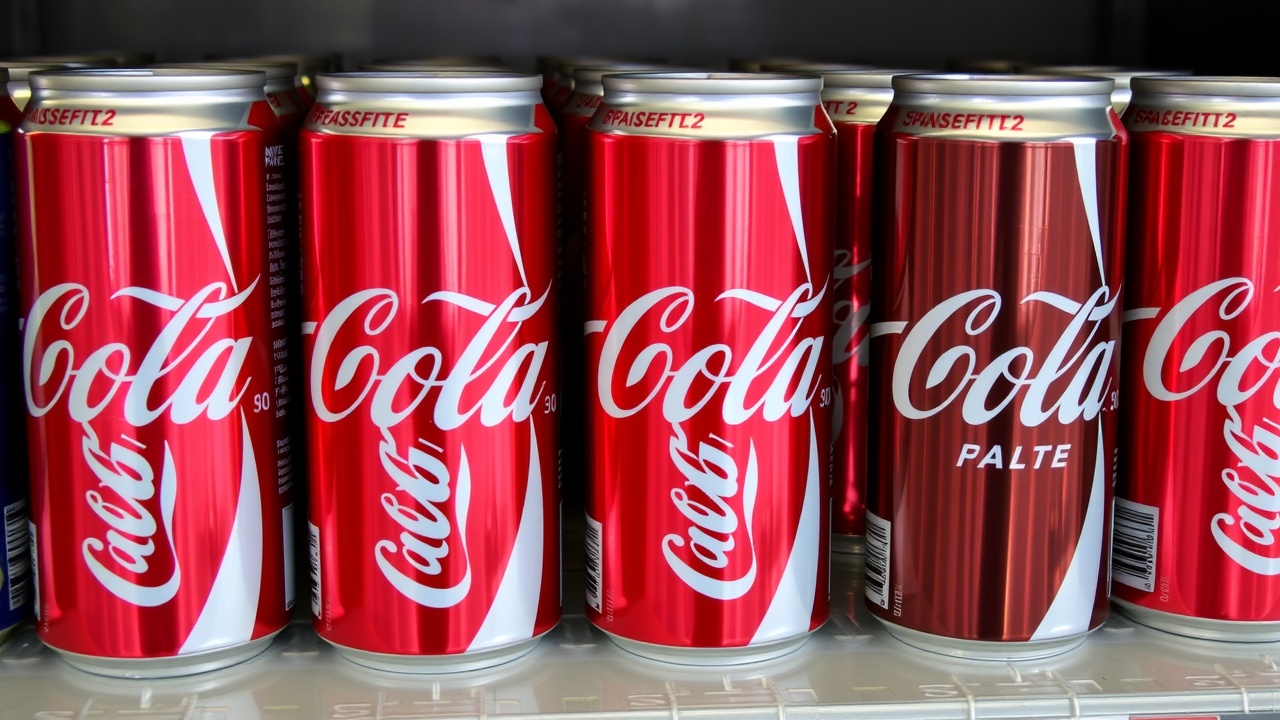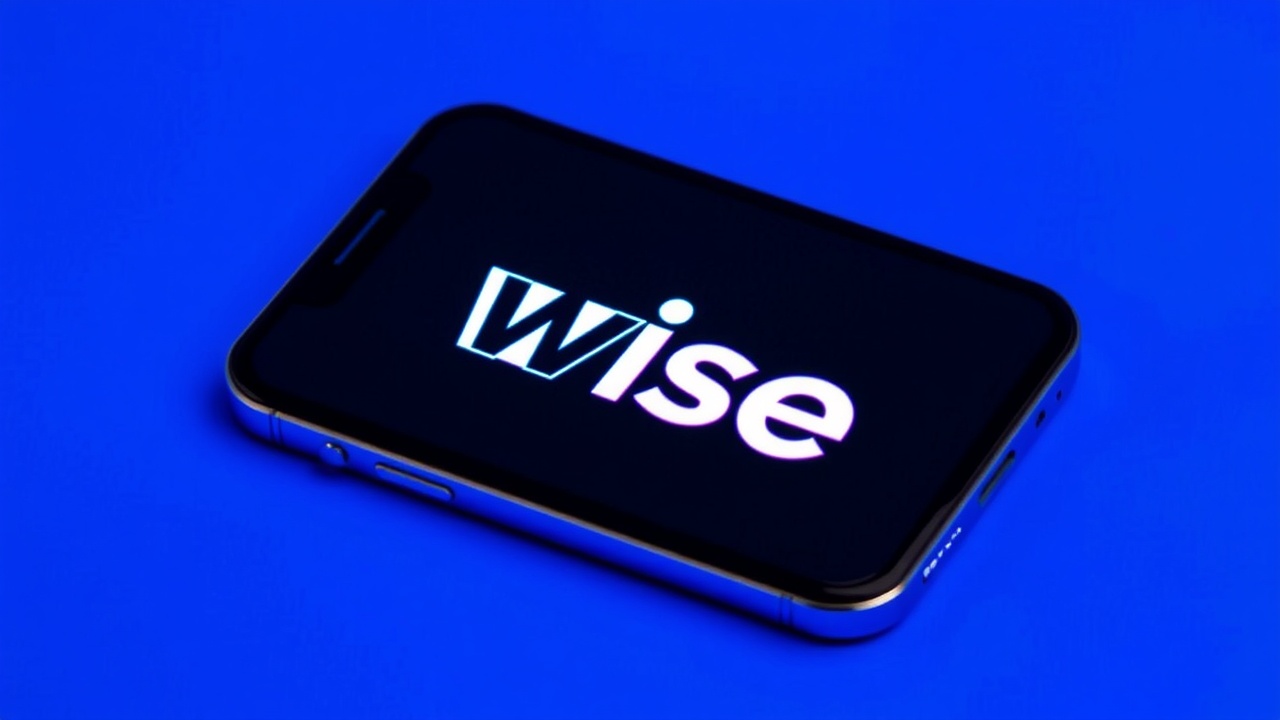
Throughout the last two years, Diageo has experienced numerous catastrophes
Is it time to make a purchase?
Over the last five years, owning Diageo (LSE: DGE) has been a terrible investment. The shares have fallen by more than half since peaking at just over 4,000p in the first quarter of 2022. Over the previous three years, Diageo has underperformed the FTSE All-Share by almost 25% annually on a total return basis.
But the underlying narrative is far less depressing. Demand was significantly pushed forward during the pandemic, and while sales have since slowed, they are now resuming their long-term upward trajectory. Meanwhile, the business has gone upmarket. It launched the Diageo Luxury Group last year, which will manage 15 visitor experiences, the Scotch brands Brora and Port Ellen, and the London-based fine wine and spirits retailers Justerini and Brooks. Additionally, it is in charge of marketing goods under the "luxury" price range of £100 or more under brands like Croc vodka, Johnnie Walker Scotch, and Don Julio Tequila. This will be a key component of the group's future expansion.
A twofold blow to Diageo.
In mid-2022, sentiment toward Diageo started to change dramatically as investors reassessed the company's prospects in the wake of the pandemic. The company was then in turmoil in 2023 after Ivan Menezes, Diageo's longtime and well-respected CEO, unexpectedly passed away. After Debra Crew took over, the business abruptly released a profit warning about overstocking in the Caribbean and Latin America. The first half of fiscal 2024 saw a 1% drop in group sales as a result of a 20% drop in sales in these two regions.
The business and its investors were left reeling by this double whammy. In 2024, concerns persisted, and in early 2025, Donald Trump started to raise the possibility of tariffs. Diageo is particularly vulnerable to the effects of tariffs because it depends so heavily on the sale of high-end spirits like tequila and Scotch in the US. They will increase consumer prices for goods, and demand may be impacted by the economic disruption. However, these difficulties must be viewed in the larger context.
Compared to Diageo, which has only dropped 24 percent so far this year, its two biggest rivals, Pernod Ricard (Paris: RI) and LVMH (Paris: MC), have dropped 33 and 37 percent, respectively. Furthermore, excluding dividends, Pernod has underperformed Diageo by 7% over the last five years. This is because Pernod has a sizable cognac business, which allows it to be more exposed to China.
The good news about Guinness.
A longtime shareholder of Diageo and one of the top fund managers in the UK, Nick Train, stated that the company's current valuation offers a "once in a decade opportunity" to "buy a world-class growth business at a trivially low valuation." The factors that have contributed to Diageo's success over the last 20 or 30 years, according to Train, are still present and, in certain situations, are getting stronger.
Diageo's Guinness brand is a good illustration. Approximately two-thirds of the group's beer sales, or 16% of total sales, are of Guinness, the most popular beer in the UK.
Organic sales increased by 17% in the six months ending December 31st, marking the fourth year of growth in the mid-teens.
Following this expansion, Diageo reported that production capacity at the St Jamess Gate brewery in Dublin is now operating at 90% of capacity during its recent Guinness-focused capital markets day. The opening of a new brewery in 2027 will help free up space and may increase output by 30%. The additional capacity is necessary for Diageo. In Europe, Guinness is only sold in 12,000 on-trade establishments, or slightly more than 5% of the market, so there is plenty of room for expansion.
That does not include Guinness 0point 0 percent, which was introduced in 2020 and currently holds a 26 percent market share in the UK for non-alcoholic beer. As a clear example of how long it has taken the company to recover from the supply chain disruption and inflation, Guinness' margins are only anticipated to return to pre-pandemic levels this year, despite the growth in sales.
Diageo's premium spirits business is establishing a solid foundation with a new generation of customers in addition to Guinness. As Crew recently explained on the "In Good Company" podcast with Nicolai Tangen, the CEO of Norway's sovereign-wealth fund, Gen Z is "coming into spirits faster" because they're consuming the hard stuff with food, even though it's widely believed that younger generations are drinking less. "These socializing events are becoming more varied and we're seeing an expansion of them coming," Crew continued. The popularity of so-called "third spaces"not a bar or a houseat festivals or sports arenas is largely responsible for this. Paying more for less is another aspect of this trend. For example, a 50-100ml bottle of tequila is better for one or two drinks than a 750ml bottle.
Crew expressed confidence that the business could overcome the challenges posed by tariffs. Crew claims, "Over time, we have dealt with a lot of duties and tariffs," referring to India's prohibitions on alcohol and its 100% tariffs. "We can certainly lessen those things over time. Train seems to concur. Eventually, he thinks, tariffs will be eliminated or lose their effectiveness.
Growth in cash flow.
Diageo anticipates that free cash flow will increase from £3 billion this year through fiscal 2028 as a result of these tailwinds and cost-cutting initiatives. This should allay worries about the sustainability of the company's debt and dividends. According to current earnings projections (assuming a £150 million tariff headwind), the stock is currently yielding 3 percent and is trading at 16 points 6 times 2025 earnings, with a decline to less than 15 times by 2027. That's inexpensive for a company with such a large portfolio of high-end brands, but shares could undoubtedly drop in price before sentiment improves.
Diageo's share price is displayed in a line graph.














Leave a comment on: Is it wise to invest in Diageo, a beverage manufacturer that has recovered?